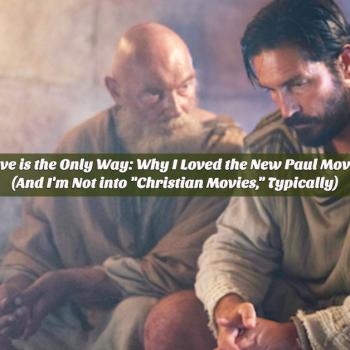It has been about a week since I did a post about the dilemma between purchasing ethically and becoming a new kind of legalist. I want to draw some attention to an idea that came through a few of the comments that were shared on the last post. It is the tension between the almost typical mark-up of both organic and fair trade goods, and the un-affordability of such products for those in poverty in the U.S.A. or other “Westernized” countries. How would low-income families survive without these ‘cheaply’ and ‘efficiently’ made goods (which most likely are not produced ethically)?
A couple of comments should be made:
1. Ethically made products are becoming more readily available for the average consumer. I can purchase “fair trade” coffee for almost the same price as any other ‘non-instant’ brand. The same is true of many other products at the grocery store that are “organic” or “all natural.” (realizing that these categories may not always mean that something is more ethically produced).
2. Shouldn’t we use tools like “Better World Shopping Guide” to communicate to unethical companies that we are not willing to settle for injustice?
3. The tension of the above questions raises a new set of questions: Does affordability in OUR country/s necessarily justify a transfer of poverty? In other words, does America (or whatever country you hail from) deserve priority when it comes to poverty issues? If we continue to produce products unethically and believe this is ok because it helps low income families… What about all the low-income families across the globe who will suffer as a result?
So… this begs some big questions both in the arena of theology and ethics that I invite you to engage and discuss. Theologically, if God is gathering a “new humanity” that will be representative from every nation under heaven, how should our national interest on this matter be reflected upon through a “kingdom of God” lens? Ethically, does unethical buying for the sake of “helping low income families” justify perpetuating a cycle of poverty in other parts of the world?
What solutions are their as we attempt to unlock our imaginations to dream of a better kind of world?













